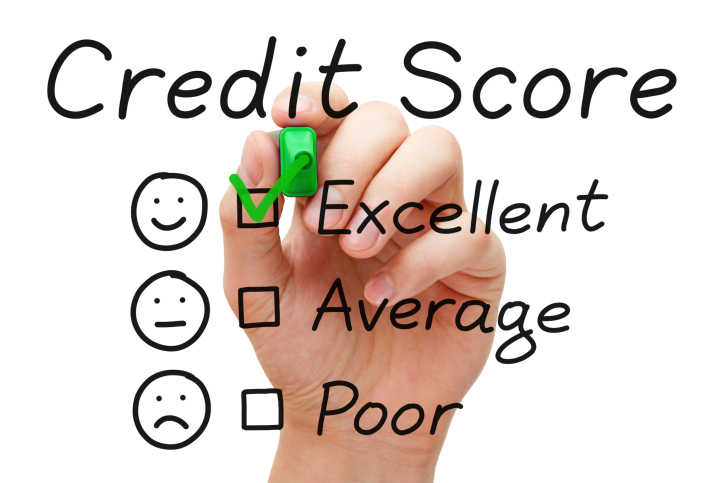What Is A High Enough Credit Score For A Mortgage?
 There are many people who are interested in purchasing a home for the first time. Even though many first-time homeowners are interested in the sticker price of a home, it is just as important to consider credit scores. Anyone who requires financing to purchase a home will have to go through a credit check. What credit score is considered high enough for a home loan? What do people have to do if they want to increase their credit scores?
There are many people who are interested in purchasing a home for the first time. Even though many first-time homeowners are interested in the sticker price of a home, it is just as important to consider credit scores. Anyone who requires financing to purchase a home will have to go through a credit check. What credit score is considered high enough for a home loan? What do people have to do if they want to increase their credit scores?
What Credit Bureaus Do Lenders Use?
First, a credit score is a reflection of someone’s overall financial health. A lender wants to make sure someone has the ability to pay back a mortgage before they give that person a home loan. The higher someone’s credit score is, the more likely the lender believes he or she will have that loan repaid.
In general, there are three major credit bureaus. They include Experian, TransUnion, and Equifax. Most lenders are going to run something called a triple merge (or a trimerge) when they check someone’s credit. This means the lender is going to check someone’s credit score with all three major credit bureaus before deciding if someone should receive a home loan. All three major credit bureaus calculate credit scores using the Fair Isaac Corporation, or FICO, numbers, but they calculate credit scores slightly differently.
What Is Considered A Solid Credit Score?
Every lender has a slightly different metric, but a credit score less than 580 is considered poor. In contrast, a credit score over 800 is considered excellent. The maximum credit score someone can have is 850. If a loan is given to someone with a score under 620, this is considered a “subprime” loan. It is possible for people to qualify for a home loan with a low credit score, but they may be facing a higher interest rate.
Those who are interested in raising their credit score should pay all of their bills on time. It is also important for individuals to pay down as much of their debt as possible before applying for a home loan. This could help them increase their credit scores and get approved for a loan with a solid interest rate.

 There are lots of people who are looking to take advantage of low interest rates to refinance their homes. This provides homeowners with an opportunity to save tens of thousands of dollars over the life of the loan. It could also allow homeowners to access equity to finance a home renovation or shave years off their mortgage. On the other hand, there are also a lot of people who make mistakes during the refinancing process. What are some of the mistakes that everyone should make sure they avoid?
There are lots of people who are looking to take advantage of low interest rates to refinance their homes. This provides homeowners with an opportunity to save tens of thousands of dollars over the life of the loan. It could also allow homeowners to access equity to finance a home renovation or shave years off their mortgage. On the other hand, there are also a lot of people who make mistakes during the refinancing process. What are some of the mistakes that everyone should make sure they avoid?